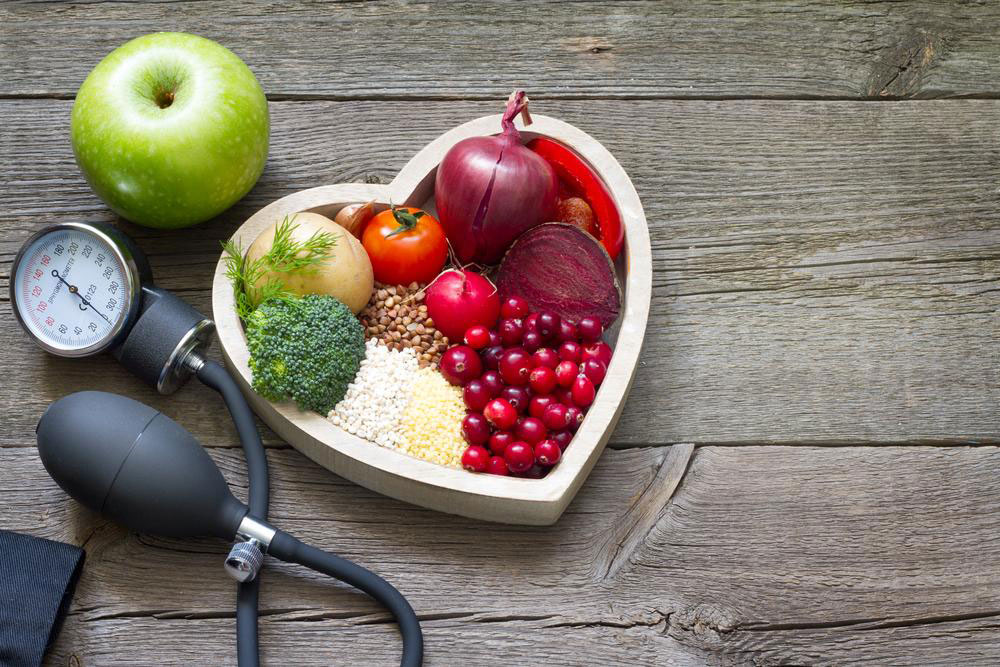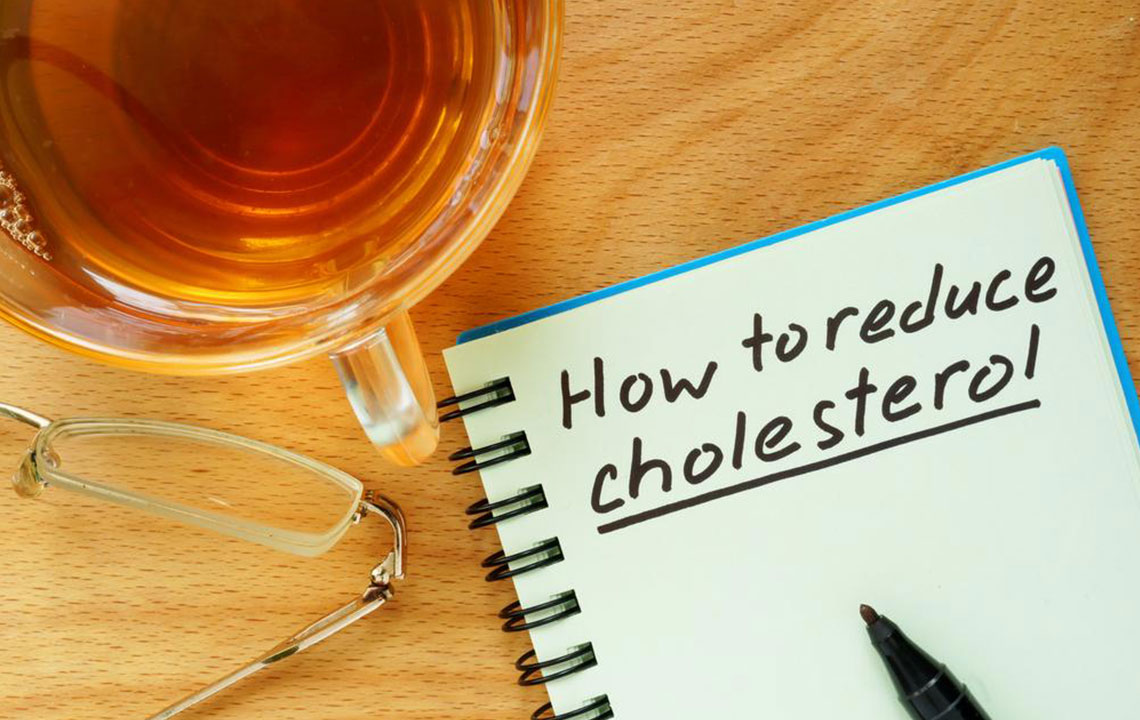Effective Strategies to Control Cholesterol Levels Naturally
Discover practical strategies to naturally manage and lower cholesterol levels. Learn about lifestyle changes, dietary tips, effective supplements, and risks involved. Personalized guidance from health professionals is recommended for optimal heart health and overall well-being.

Effective Strategies to Control Cholesterol Levels Naturally
Cholesterol plays a vital yet delicate role in our health. While essential for hormone production, digestion, and vitamin D synthesis, unbalanced cholesterol can lead to severe health issues like heart attacks and cardiovascular diseases. Cholesterol exists in two forms: high-density lipoprotein (HDL) and low-density lipoprotein (LDL). LDL can accumulate in arteries, increasing heart disease risk, whereas HDL helps eliminate cholesterol via the liver.
Visually resembling waxy fat, cholesterol is routinely analyzed through blood tests. Lifestyle modifications and dietary choices significantly influence cholesterol management and can reduce the need for medications.
Balancing cholesterol levels involves adopting healthy habits and, if needed, supplementing with cholesterol-lowering products.
Healthy Living and Diet
High cholesterol poses sudden health risks like heart attacks; thus, lifestyle improvements are crucial. A plant-based diet often proves effective for reducing cholesterol, but incorporating meats or fish should be discussed with a healthcare professional.
Maintaining a caloric intake suited to your activity level and lifestyle helps sustain or reduce weight, lowering heart disease risks associated with excess cholesterol.
Regular physical activity enhances circulation, mental health, and cholesterol balance.
Activities like walking and jogging are highly effective. Walking 10,000 steps daily can boost heart health, reduce aging effects, and decrease LDL levels. Hydration also supports overall health.
Combining consistent exercise with a balanced diet is vital. Avoid fad diets, which can worsen cholesterol issues. These foundational steps set the stage for considering supplementary options.
Factors Contributing to Elevated Cholesterol
Several factors can elevate cholesterol, increasing the risk of heart complications, including:
Diabetes
Excess weight
Liver or kidney conditions
Polycystic ovary syndrome
Pregnancy
Hypothyroidism
Medications like steroids and certain antidepressants that impact LDL and HDL levels
Cholesterol-Lowering Dietary Supplements
If lifestyle changes alone are insufficient, supplements may assist in managing cholesterol, especially with age-related increases. These products can help decrease blood triglycerides and LDL cholesterol, complementing a healthy diet and routine.
It is advisable to limit saturated fats, red meats, and dairy to prevent raising LDL cholesterol. The following supplements are popular in cholesterol management:
Artichoke extract – reduces LDL cholesterol
Barley – lowers LDL and total cholesterol
Blond psyllium
Fish oil – capsules or liquids
Flaxseed
Green tea extract
Niacin
Oat bran
Plant sterols
Soy protein – as a dairy substitute to decrease LDL
Whey protein
Doctor-prescribed medications and supplements
Red yeast rice can help lower cholesterol but contains lovastatin, making it potentially risky. Always consult a healthcare provider before adding supplements, especially those like red yeast rice.
Healthy foods and lifestyle choices are the most effective way to manage cholesterol. Starting small, seeking professional advice, and maintaining routine exercise and balanced nutrition can lead to long-term health benefits. Supplements should complement, not replace, these core habits.










